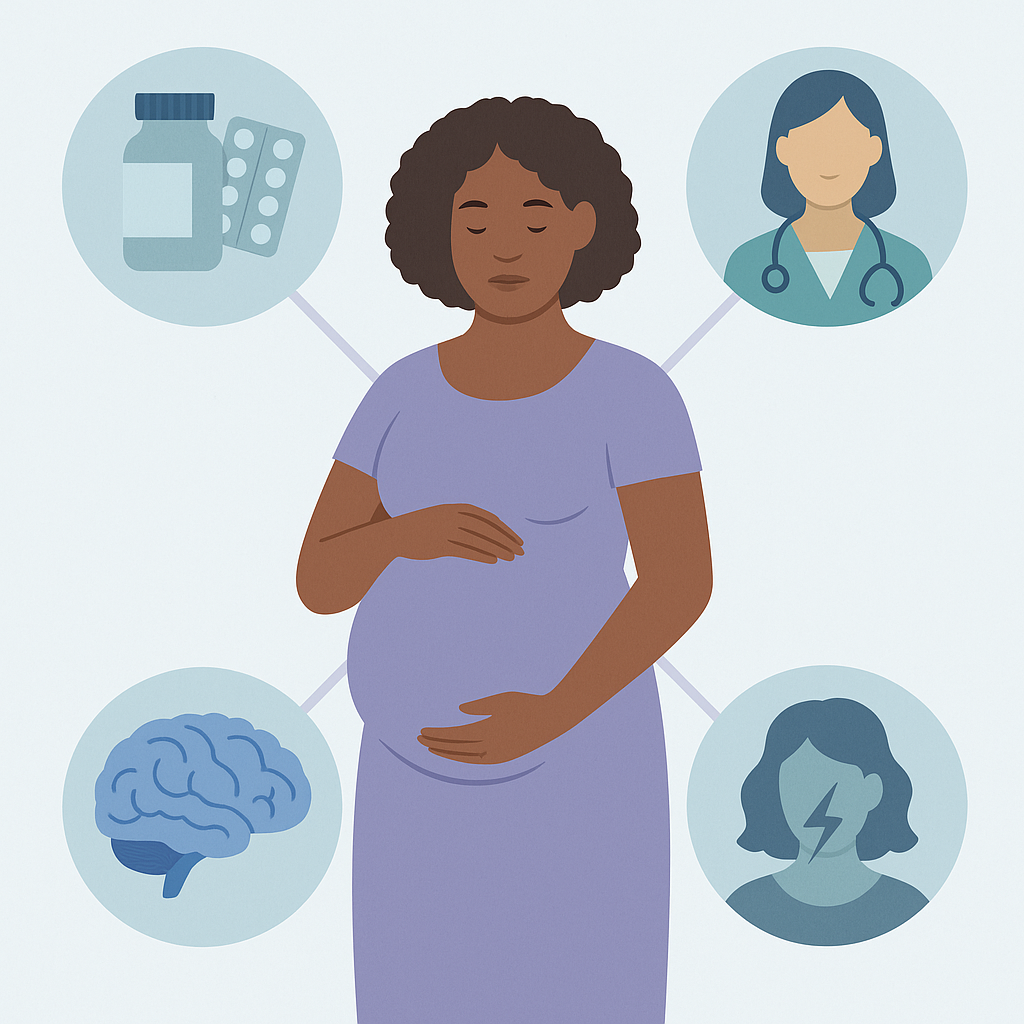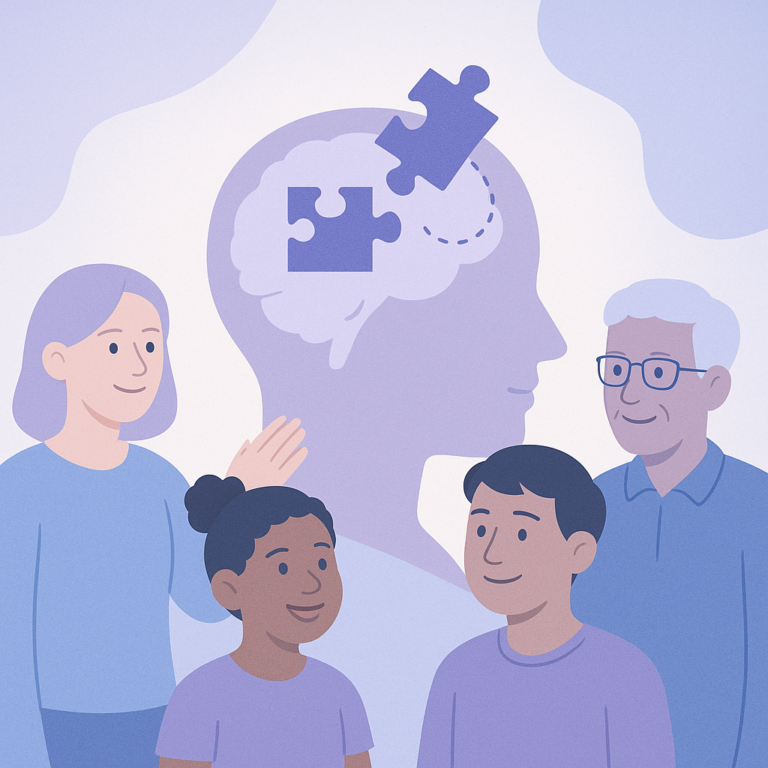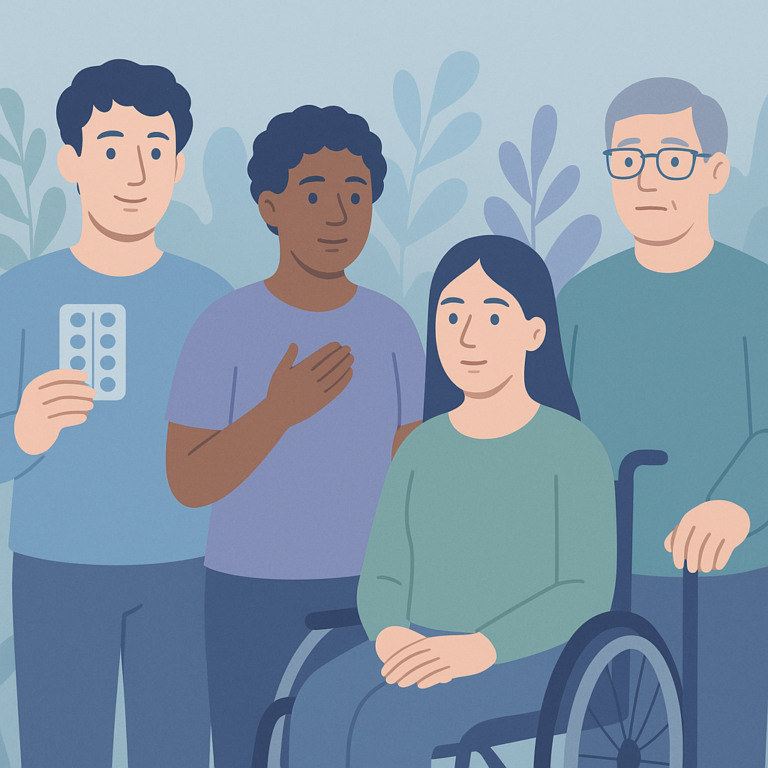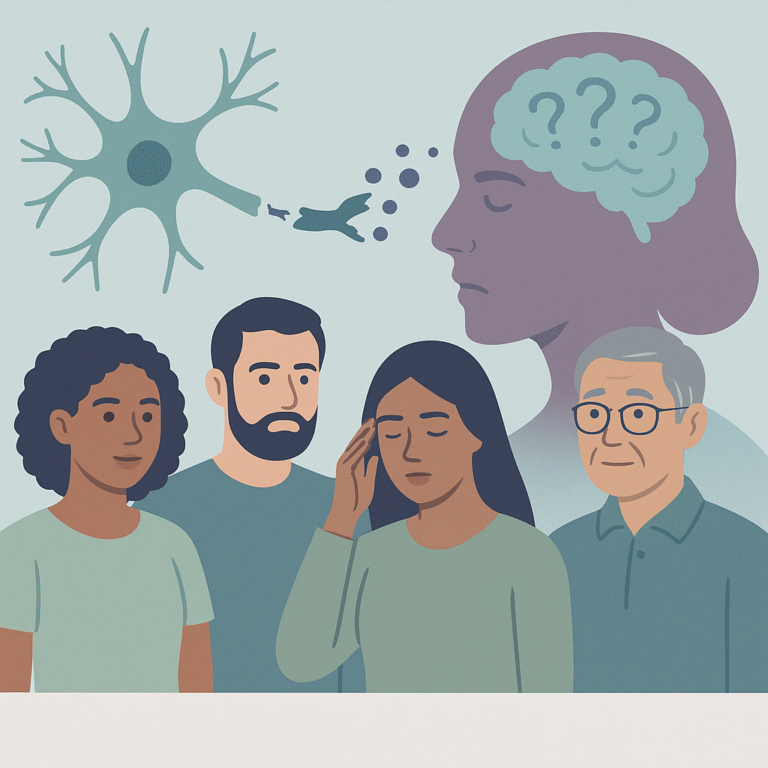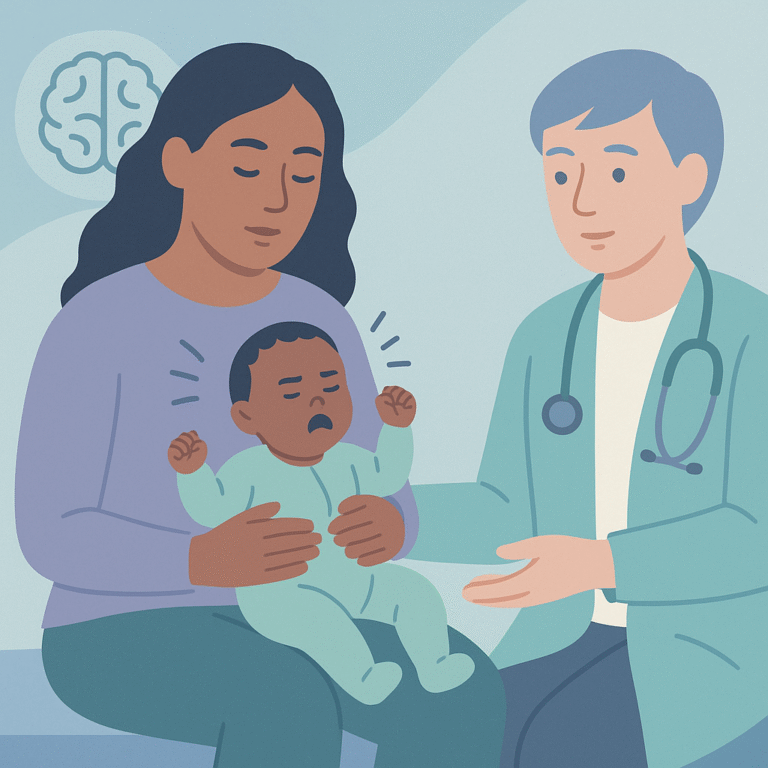Key Factors Affecting Seizure Control in Pregnant Women with Epilepsy
⚠️ Pregnancy-related topic: Decisions about medications, diet, or tests during pregnancy must be made with your obstetrician and neurology team.
⚠️ Infant dosing/safety: Medication and diet decisions for infants require individualized medical guidance.
Summary
Researchers studied how different factors affect seizure control and delivery outcomes in women with epilepsy who were either planning or not planning their pregnancies. The study involved 112 pregnant women with epilepsy, who were monitored over an eight-year period. They were evaluated at various points during and after their pregnancies to understand how their epilepsy and treatment adherence influenced their experiences.
The main findings showed that women with focal epilepsy were more likely to experience increased seizure frequency during pregnancy compared to those with generalized epilepsy. Additionally, women who had poor seizure control before becoming pregnant or who did not consistently take their antiseizure medications were more likely to have seizures during pregnancy. Those who had seizures were also more likely to need a cesarean section. Interestingly, the type of pregnancy (planned or unplanned) did not significantly affect delivery outcomes, but infants of mothers with unplanned pregnancies and poor treatment adherence had a higher risk of lower Apgar scores, which assess a newborn's health.
These findings highlight the importance of good seizure control and medication adherence before and during pregnancy to improve outcomes for both mothers and babies. However, it is important to note that this study had a small number of participants and was observational, meaning it cannot definitively prove cause and effect. More research is needed to confirm these results and to better understand how to support women with epilepsy during pregnancy.
Related reading
- New Hope for Children with Hard-to-Treat Epilepsy: Everolimus Shows Promise
- New Study Explores Ketamine for Treating Severe Seizures in Kids
- Vitamin D3 May Help Improve Brain Activity in Boys with Epilepsy
- New Research Explores Probiotics for Children with Drug-Resistant Epilepsy
- New Device May Help Improve Long-Term Care for Children with Epilepsy
Free: Seizure First Aid Quick Guide (PDF)
Plus one plain-language weekly digest of new epilepsy research.
Unsubscribe anytime. No medical advice.